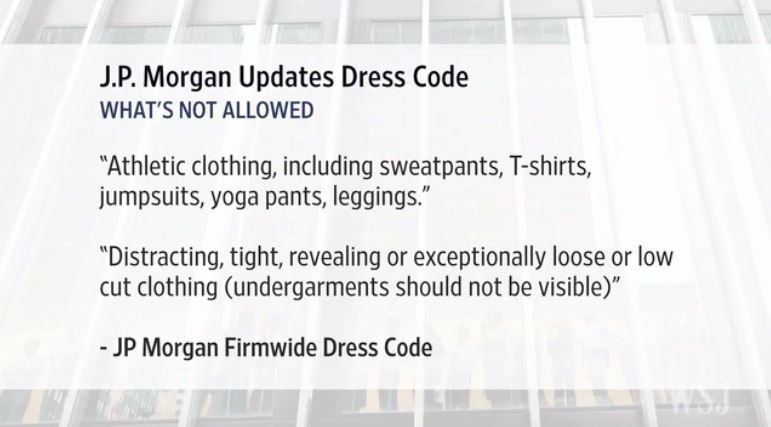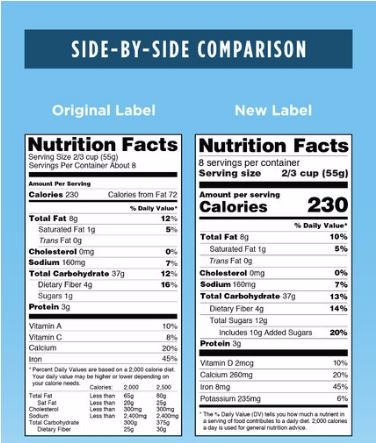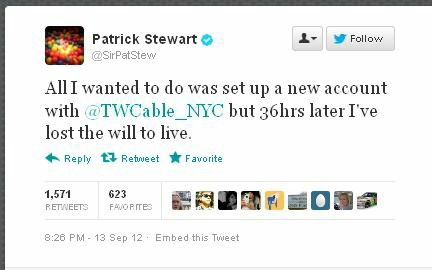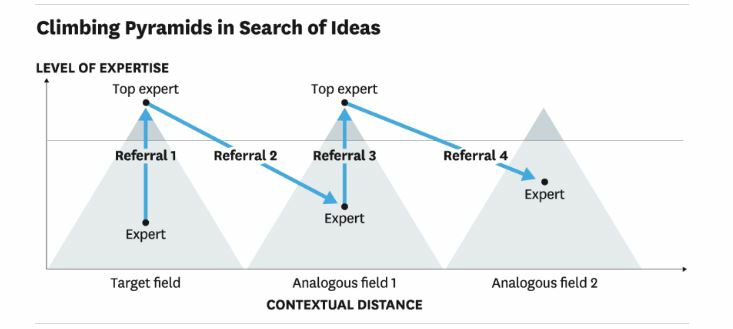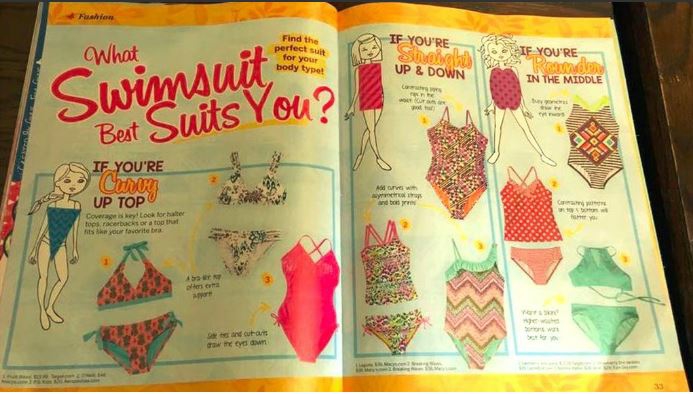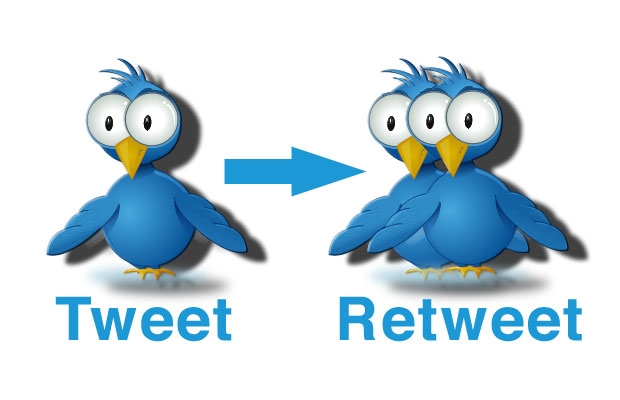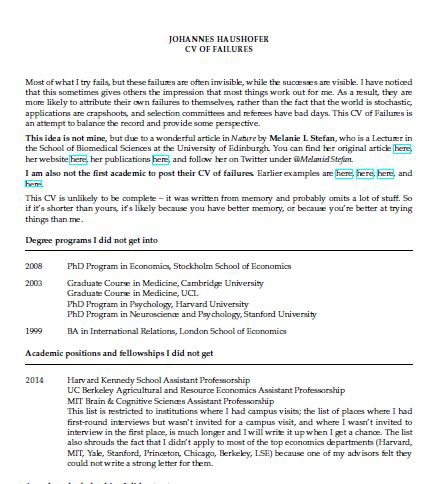British celebrities have joined forces and signed a letter to convince Britons to stay with the European Union.

In the letter, 282 big names (most of which I never heard of) from film, fashion, art, music, and theater focus on "EU markets and influence, access to EU funding, and movement of talent." The letter body follows:
The EU referendum marks the biggest democratic decision of our time, and the outcome will have lasting and far-reaching consequences for the future of this country for generations to come.
The referendum forces us to look in the mirror and ask ourselves: what kind of nation do we want to be? Are we outward-looking and open to working with others to achieve more? Or do we close ourselves off from our friends and neighbours at a time of increasing global uncertainty?
From the smallest gallery to the biggest blockbuster, many of us have worked on projects that would never have happened without vital EU funding or by collaborating across borders. Britain is not just stronger in Europe, it is more imaginative and more creative, and our global creative success would be severely weakened by walking away.
And what would ‘Out' really mean? Leaving Europe would be a leap into the unknown for millions of people across the UK who work in the creative industries, and for the millions more at home and abroad who benefit from the growth and vibrancy of Britain's cultural sector.
From the Bard to Bowie, British creativity inspires and influences the rest of the world. We believe that being part of the EU bolsters Britain's leading role on the world stage.
Let's not become an outsider shouting from the wings.
Creative Industries Federation survey
Among reasons cited for the vote of confidence in Europe by Creative Industries Federation members were:
Access to EU markets and influence - the EU is the largest export market for the UK creative industries, totalling 56% of all overseas trade in the sector. It is vital that Britain is able to influence regulatory discussions which may have a bearing on future trading, such as the current discussions around the creation of the Digital Single Market.
Access to EU funding – the Creative Europe programme has provided seed funding for films such as The King's Speech, The Iron Lady and Slumdog Millionaire. ERDF funding has provided vital support to arts organisations in the regions, including the Liverpool Everyman and Sage Gateshead. In addition, Federation cultural education members benefit from the €80bn innovation fund, Horizon 2020. All this could be imperilled.
Movement of talent – the UK is a creative hub. Close collaboration with EU partners is key to Britain maintaining this position. From orchestras to art schools to architecture firms, the UK's creative industries are enriched by the diversity of cultural exchange and strengthened by the movement of talent across the EU.
The creative industries have been the fastest growing sector of the UK economy since 2008 and added £84.1bn GVA to the economy last year.
The creative industries employ 1.8m people in this country (1 in 17 jobs in the UK; and 1 in 8 jobs in London). [DCMS stats from January 2016 – 2014 figures].
The creative economy (includes the contribution of those who are in creative occupations outside the creative industries) employ 2.8m people in this country (1 in 11 jobs in UK; and 1 in 6 jobs in London).
Not everyone agrees. A columnist for The Guardian wrote an article titled, "The luvvies' Brexit letter only shows most people vote with their wallets." According to The New York Times, "luvvies" is "a satirical term borrowed from Private Eye magazine to describe Britain's self-enamored stars."
The New York Times article compares this effort to another political celebrity move: J.K. Rowlings opposed Scotland's independence, and didn't win herself any favors as a result.
Image source.
Discussion Starters:
- How convincing do you find the celebrities' letter? Which are the strongest and weakest arguments?
- What's your view of celebrity involvement in political controversies? How does these differ, or do they, from celebrity product endorsements?
 Ho had questioned the decision in a statement posted in Chinese on Facebook:
Ho had questioned the decision in a statement posted in Chinese on Facebook:
